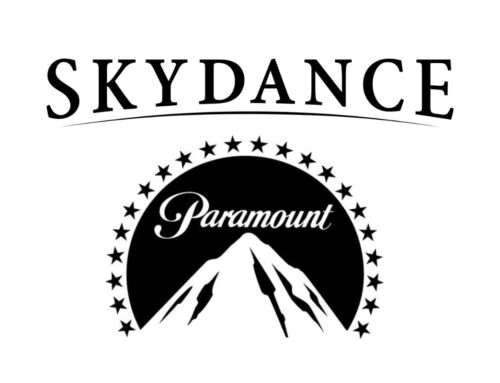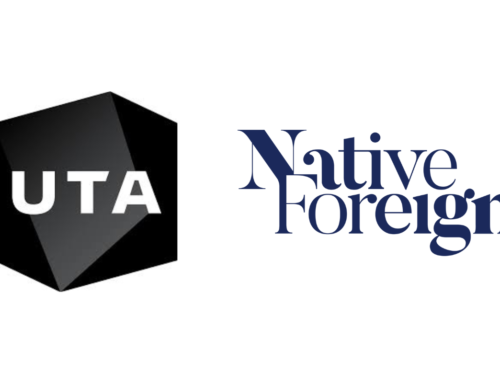Facebook’s Covert Surveillance of Snapchat and Youtube Users Revealed in Court Documents
LOS ANGELES – Newly unsealed court records reveal that in 2016, Facebook initiated a covert endeavor to surveil Snapchat user data, later extending the same surveillance tactic to YouTube and Amazon, purportedly to gain a competitive edge. According to the documents stemming from a class-action lawsuit involving consumers and Meta, Facebook’s parent company, the clandestine operation dubbed “Project Ghostbusters” was allegedly initiated at the behest of Meta CEO Mark Zuckerberg. The program’s purpose, as asserted by the plaintiffs in the filing, was to detrimentally impact competition, notably targeting Snapchat, a budding rival in the realm of social advertising.
Per the court documents, Zuckerberg expressed concern about the lack of analytics regarding Snapchat, stating in a June 2016 email to three company executives: “Whenever someone asks a question about Snapchat, the answer is usually that because their traffic is encrypted. Given how quickly they’re growing, it seems important to figure out a new way to get reliable analytics about them. Perhaps we need to do panels or write custom software. You should figure out how to do this.”
Engineers reportedly devised a solution utilizing Facebook’s virtual private network (VPN) service, Onavo, to “intercept” and “decrypt” Snapchat’s encrypted analytics data. Allegedly, the Onavo team developed “kits” enabling them to decipher encrypted traffic, thereby monitoring their competitor’s in-app activities. The documents indicate that Facebook subsequently applied this surveillance technique to YouTube from 2017 to 2018 and Amazon in 2018.
Plaintiffs in the lawsuit argued that the primary and actual outcome of this program was to stifle competition, particularly against Snapchat, a budding adversary in the social advertising domain. A Meta spokesperson refuted these allegations, stating “There is nothing new here — this issue was reported on years ago. The plaintiffs’ claims are baseless and completely irrelevant to the case.” Meta’s legal team contended in a filing that users of the “Facebook Research App” had consented to furnish the company with data regarding their usage of other applications. Moreover, Meta argued that Snap, Snapchat’s parent company, “does not know whether any of Meta’s research provided Meta with a competitive advantage”, with Snap declining to comment on the matter.
In 2019, Facebook terminated Onavo following a TechCrunch investigation, which uncovered that the social media giant had been compensating teenagers for using the VPN to monitor their web browsing. These revelations emerged from a class-action lawsuit initiated in 2020, where consumers accused Facebook of leveraging user data to perpetuate its dominance in the market, contentions that the company vehemently denies.
SOURCE: NewsNation: https://www.newsnationnow.com/business/tech/secret-facebook-project-snapchat/
Share:
LOS ANGELES – Newly unsealed court records reveal that in 2016, Facebook initiated a covert endeavor to surveil Snapchat user data, later extending the same surveillance tactic to YouTube and Amazon, purportedly to gain a competitive edge. According to the documents stemming from a class-action lawsuit involving consumers and Meta, Facebook’s parent company, the clandestine operation dubbed “Project Ghostbusters” was allegedly initiated at the behest of Meta CEO Mark Zuckerberg. The program’s purpose, as asserted by the plaintiffs in the filing, was to detrimentally impact competition, notably targeting Snapchat, a budding rival in the realm of social advertising.
Per the court documents, Zuckerberg expressed concern about the lack of analytics regarding Snapchat, stating in a June 2016 email to three company executives: “Whenever someone asks a question about Snapchat, the answer is usually that because their traffic is encrypted. Given how quickly they’re growing, it seems important to figure out a new way to get reliable analytics about them. Perhaps we need to do panels or write custom software. You should figure out how to do this.”
Engineers reportedly devised a solution utilizing Facebook’s virtual private network (VPN) service, Onavo, to “intercept” and “decrypt” Snapchat’s encrypted analytics data. Allegedly, the Onavo team developed “kits” enabling them to decipher encrypted traffic, thereby monitoring their competitor’s in-app activities. The documents indicate that Facebook subsequently applied this surveillance technique to YouTube from 2017 to 2018 and Amazon in 2018.
Plaintiffs in the lawsuit argued that the primary and actual outcome of this program was to stifle competition, particularly against Snapchat, a budding adversary in the social advertising domain. A Meta spokesperson refuted these allegations, stating “There is nothing new here — this issue was reported on years ago. The plaintiffs’ claims are baseless and completely irrelevant to the case.” Meta’s legal team contended in a filing that users of the “Facebook Research App” had consented to furnish the company with data regarding their usage of other applications. Moreover, Meta argued that Snap, Snapchat’s parent company, “does not know whether any of Meta’s research provided Meta with a competitive advantage”, with Snap declining to comment on the matter.
In 2019, Facebook terminated Onavo following a TechCrunch investigation, which uncovered that the social media giant had been compensating teenagers for using the VPN to monitor their web browsing. These revelations emerged from a class-action lawsuit initiated in 2020, where consumers accused Facebook of leveraging user data to perpetuate its dominance in the market, contentions that the company vehemently denies.
SOURCE: NewsNation: https://www.newsnationnow.com/business/tech/secret-facebook-project-snapchat/









